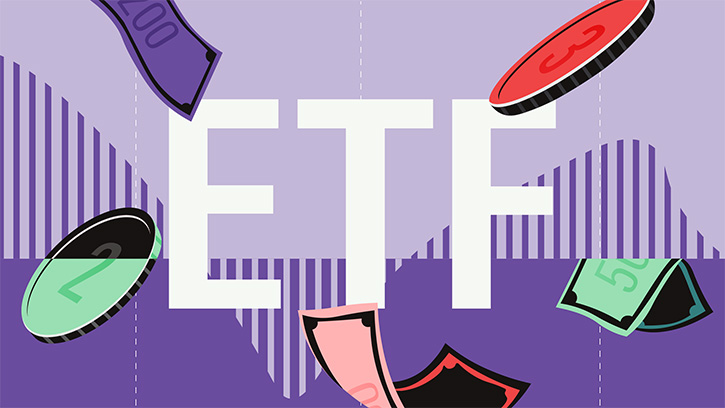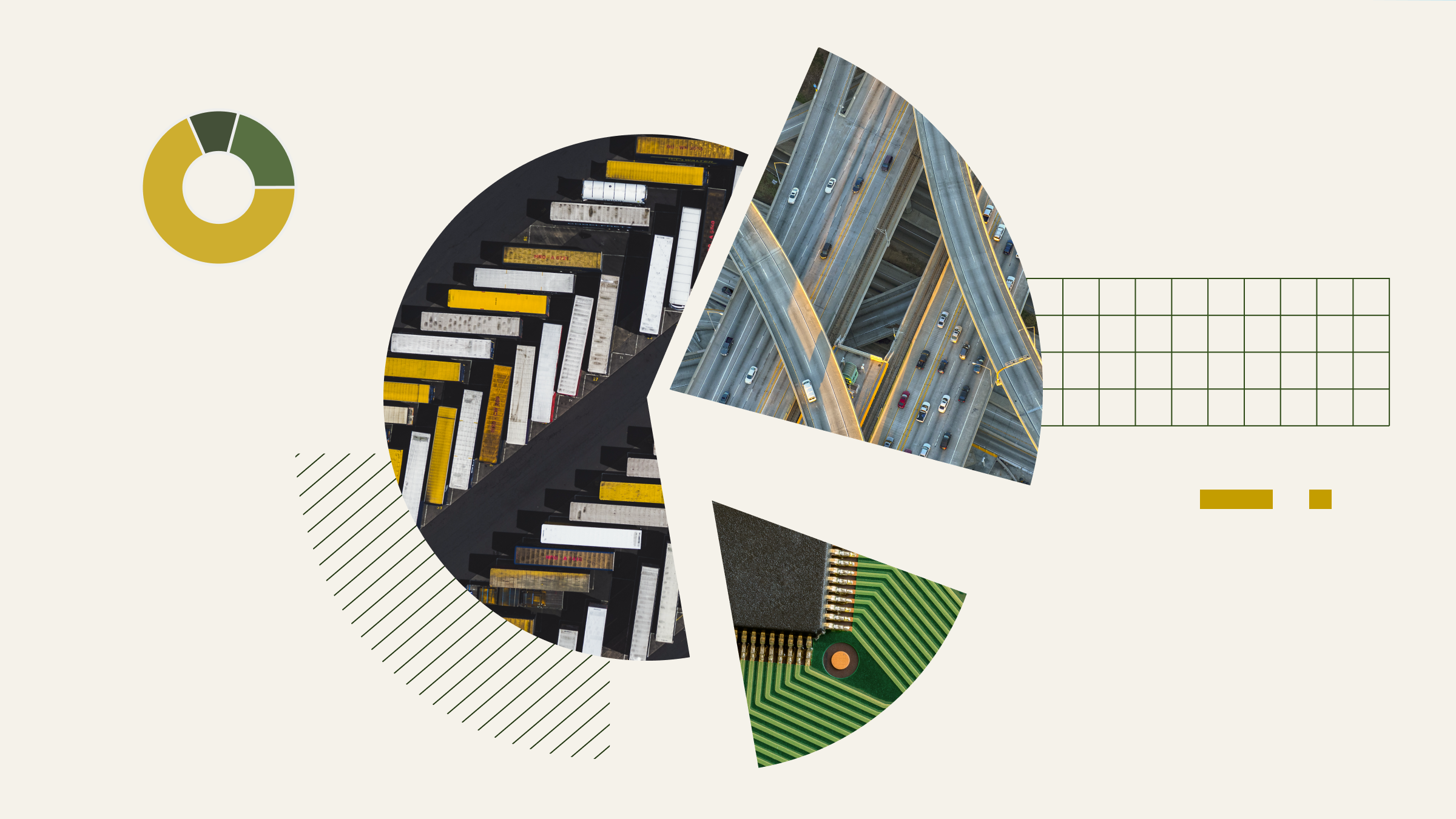Holly Cook: Hello and welcome to Morningstar. I'm Holly Cook and joining me today for "Why Should I Invest With You?" is James Sym. He is the Manager of the Schroder European Alpha Plus Fund.
James, thanks for joining us.
James Sym: Thanks very much for having me.
Cook: So, let's just start kind of with the basics. Alpha Plus, this is something that might be seen as jargon by investors. What exactly does that mean for investing in European stocks?
Sym: Yeah. Well, in fact, that's one of my two funds. We have an Alpha Plus Fund and Alpha Income Fund and the two funds share a couple of characteristics. So, firstly, they are concentrated, so we try and keep about 40 stocks.
The second thing is they are pretty much unconstrained. So we have some constraints to stop doing crazy things but nothing that particularly holds us back. And then the final thing is that what I would call local. So, we try and get as much local input into those funds as possible and we're targeting to really deliver some outperformance to investors well ahead of the index. We don't really think of this as an index plus fund.
Cook: So, with the Alpha Plus Fund, you said you're unconstrained there. Now, I know that you have quite a decent portion of your assets in financials which is an interesting area for people who have been watching Eurozone developments over the last few years. What's the story there?
Sym: Well, I think financials is pretty much the last explicitly cheap area of the European market is how I'd characterise it. So, typically I can buy some really good banks, okay they are banks, so they have some cyclical risk for perhaps 10, or 11, or 12 times earnings. The same is true for insurance stocks actually.
So, I think that is really an opportunity to make a decent amount of money because some of these banks are going to perhaps double their earnings over the next three to five years. So, if I'm only paying 10 times price/earnings ratio upfront then it should hold that multiple and we should make that back to ourselves.
In a way you're questioning calculated – the choice that investors have in Europe today. So, either you can take some cyclical risk, financial is a key part of that, or you take valuation risk. So, you can buy these very high-quality companies with very defendable cash flows that will grow a little bit perhaps every year, but you will pay a very high multiple for that, much higher than historically you've had to pay.
So, as an investor in Europe, you either take the cyclical risk or you take the valuation risks that are here today and I think given where we are in terms of making the most money, given that Europe is recovering, we want to take that cyclical risk and get that earnings growth back towards the shareholders.
Cook: So, within Schroder European Alpha Plus I noticed that the fund has returned something around about 6% so far this year. But if you look at a more short-term view, that's been quite volatile, a really strong first quarter but then perhaps a little bit lackluster since. Would you say that that is typical of what it's like investing in the Eurozone now that you have to accept that kind of volatility?
Sym: I think accepting the volatility is absolutely right. There's always a headline in Europe, we know that. There's always potentially a crisis around the corner. The politics is really important in Europe, perhaps more so even than it is in the U.K. or the U.S. So you do have to accept that volatility. The question referring to my fund kind of goes back to your first question, which is, you're running good concentrated Alpha Plus Fund, an unconstrained fund, and therefore, we are going to have periods where we underperform, we'll have periods where we outperform; but over time, we'd expect to do relatively well.
Cook: But typically, looking at the region as a whole from a more macro perspective, are you finding it easy to find those undervalued stocks that you're looking for that are going to give you that performance or has it got harder?
Sym: It's definitely got harder. I think it would be unfair to say that. In 2012 when I launched the Alpha Income Fund, my other fund, there were lots of stocks on single digit P/E multiples, 6, 7, 8 times earnings, for perfectly good businesses, not perhaps the best businesses in the world but perfectly good ones. Now the market is rerated. Financials, as you identified, I do think is still a cheap area.
The other area that we think we can make some money is in the recovery stocks. So, these are stocks that typically might have very high valuations today, but that's not necessarily because the price is high. It's because the profits are low. So, when you look at it as a ratio, they look expensive. So, why would they make an investment?
Well, a lot of these stocks haven't factored in the earnings recovery that we are starting to see in Europe and I think we'll continue to see. So, those are the stocks where I think you can make perhaps multiples of the initial investment. But in a way, it's harder than it was because there's not lots and lots of explicitly cheap areas in Europe which you wouldn't really expect given QE and given other asset prices are so high.
Cook: James, thanks very much for talking about investing in Europe with us today.
Sym: Thank you.
Cook: For Morningstar, I'm Holly Cook. Thanks for watching.




















